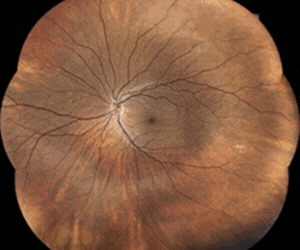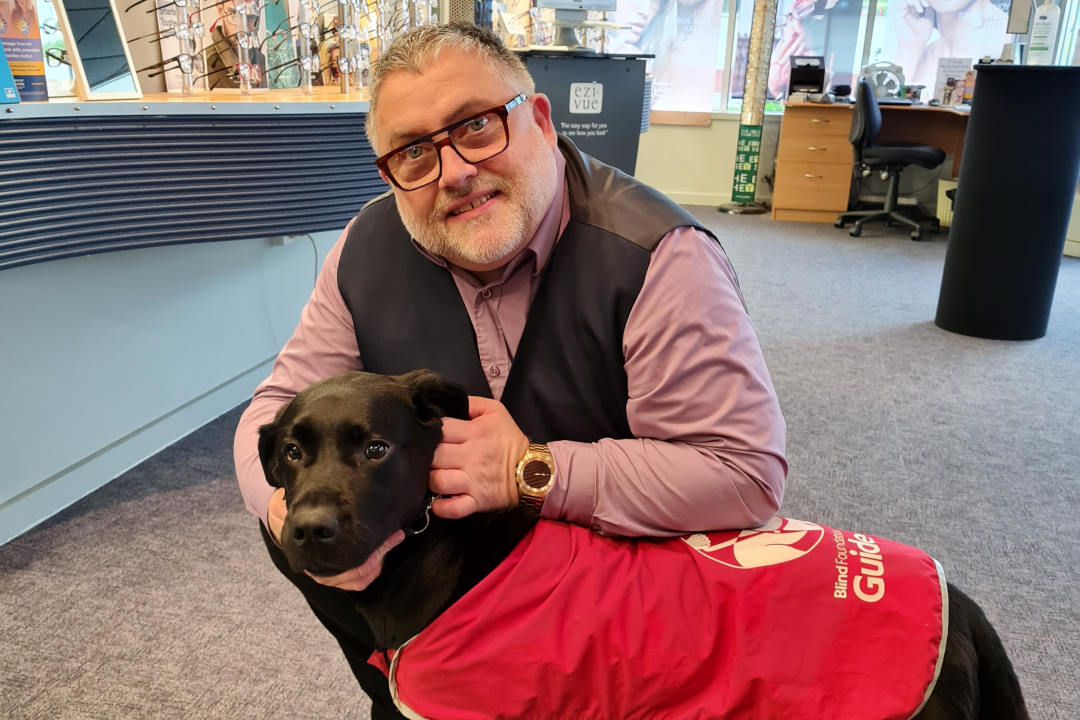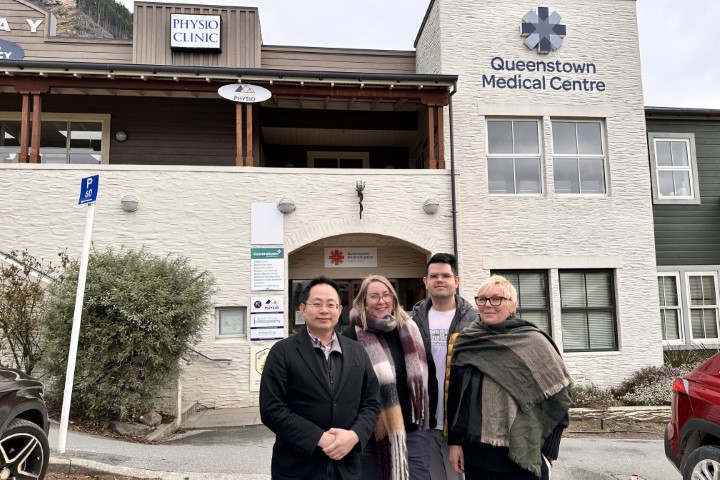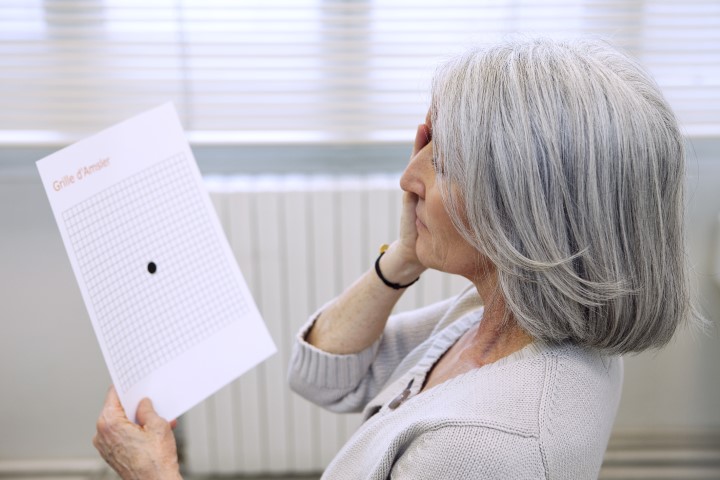CRVO: 3-year anti-VEGF outcomes
A study arising from the University of Sydney’s Fight Retinal Blindness! registry has concluded patients with central retinal vein occlusion (CRVO) who commenced VEGF inhibitors in routine care, and for whom follow-up was available, had visual acuity (VA) improvements of around 12 letters at three years.
The study included 527 treatment-naïve CRVO eyes which began anti-VEGF treatment (aflibercept, ranibizumab or bevacizumab) between 2010 and 2018. However, with 50% of patients lost to follow-up, researchers said the VA outcome for the entire group was likely to have been less than 12 letters’ improvement. They also found the choice of VEGF inhibitor influenced central subfield thickness (CST) but not VA outcomes. They estimated around half of the eyes were still receiving injections after 36 months, and just 12% had resolution of macular oedema without treatment for over six months.
The Fight Retinal Blindness! project reports on real-world outcomes for patients being treated with anti-VEGF injections and is currently the world’s only system with such long-term data. Patients record the perceived effect of treatment on their quality of life by entering their responses directly into a tablet or smartphone. The responses are then automatically and securely transmitted to the Fight Retinal Blindness! database.
For more, see https://savesightregistries.org/fight-retinal-blindness



























